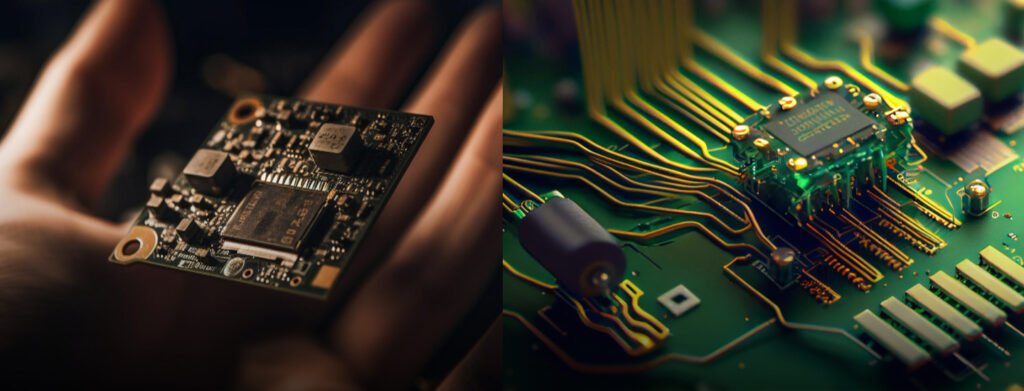
In the ever-evolving landscape of industrial automation, Programmable Logic Controllers (PLCs) stand as the backbone of control systems, orchestrating the seamless execution of processes. As industries continue to advance, the demand for skilled professionals who can harness the full potential of PLCs has never been greater. This blog explores the importance of PLC master training, its key components, and the transformative impact it can have on aspiring automation engineers.
Why PLC Master Training Matters:
Skill Development for Precision Programming: Mastering the intricacies of PLC programming is essential for precision control. PLC master training delves into programming languages like ladder logic, function block diagrams, and structured text, equipping professionals with the skills to create robust and efficient control algorithms.
Hands-On Experience: Theoretical knowledge alone is insufficient in the world of PLCs. Master training programs provide hands-on experience with real-world scenarios, allowing participants to apply their knowledge in a practical setting. Simulations and lab exercises enhance troubleshooting skills and build confidence in handling complex automation challenges.
Adaptability to Industry Standards: Industries often adhere to specific standards and protocols. A PLC master training program ensures that participants are well-versed in the latest industry standards, communication protocols, and best practices. This knowledge is crucial for seamless integration of PLCs into existing systems.
Troubleshooting Proficiency: Efficient troubleshooting is a hallmark of a skilled automation engineer. Master training programs focus on identifying and resolving issues promptly, minimizing downtime and ensuring the smooth operation of automated processes.
Key Components of PLC Master Training:
Comprehensive Curriculum: A well-structured curriculum covers fundamental PLC concepts, programming languages, advanced features, and industry-specific applications. The training should progress from basic to complex topics, ensuring a thorough understanding of PLC functionality.
Simulations and Labs: Practical application through simulations and hands-on labs is crucial. Participants should have the opportunity to work with different PLC models, simulate scenarios, and troubleshoot common issues to reinforce their learning.
Industry-Relevant Projects: Real-world projects simulate the challenges faced in industrial settings. Engaging in these projects allows participants to apply their skills to practical problems, fostering critical thinking and problem-solving abilities.
Certification and Recognition: A reputable PLC master training program provides participants with certifications recognized in the industry. This recognition adds value to their professional profiles and increases opportunities for career advancement.
Transformative Impact on Participants:
Increased Employability: Completing a PLC master training program enhances participants’ employability. Industries actively seek professionals with hands-on PLC experience, making trained individuals highly sought after in the job market.
Career Advancement: Mastering PLCs opens doors to career advancement. Automation engineers with specialized skills in PLCs are often entrusted with complex projects, leading to increased responsibilities and recognition within their organizations.
Contribution to Industry Growth: PLC master training contributes to the growth and efficiency of industries. Skilled professionals play a pivotal role in implementing innovative automation solutions, improving productivity, and ensuring the competitiveness of their organizations.


